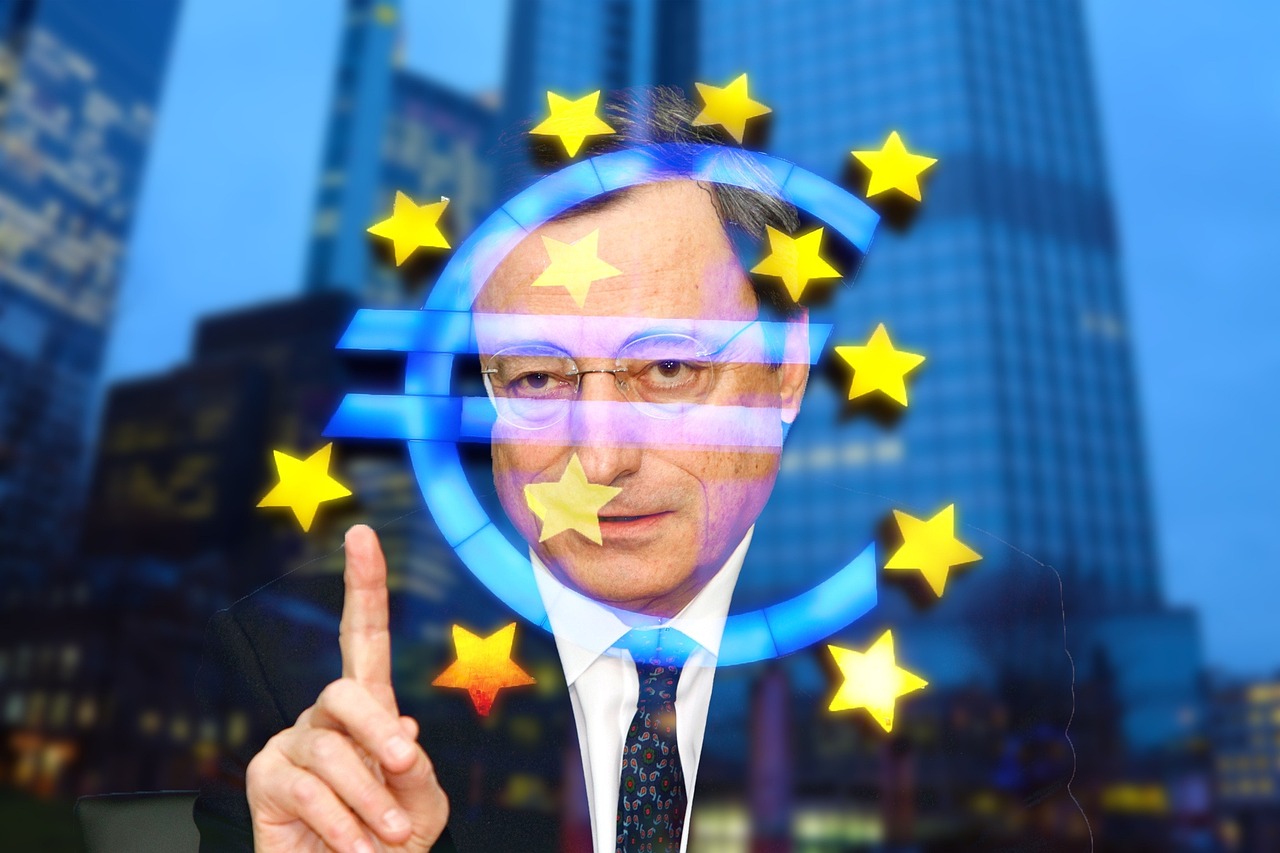During this week, I have been able to follow, with some intensity, the debates in the European Parliament. Not only the vote on the new Commission Von der Leyen II. Also the vote, and the debate, on the new EU budget.
Nothing new in this matter. The result of the European elections last May has not been particularly reflected in the budgetary issue because the European People’s Party decided, at the last minute, to conclude agreements with the socialist and liberal group, to which (at least if you listen to the speeches) the group of European Conservatives and Reformists adheres. The European People’s Party has not even sought a different majority, with ECR, Patriots for Europe or the small group of sovereigntists.
The two most important policy areas of European policies – the common agricultural policy and the common asylum and immigration policy – are once again the worst hit. Of course, neither the Commission nor the European Parliament have given up the climate hysteria of the European Green Pact (now called just and clean transition), which reduces, restricts and conditions the amounts to be received by farmers and livestock farmers (who are already suffocated by unfair competition from foreign production); nor have they given up the fact that immigration policy is based on aid and subsidies for border ‘management’.
Almost 200 billion euros. A budget that is consumed by the interest on the debt of the Next Generation Funds; funds that on many occasions and in many countries (for example, Spain in particular) have become a focus of political and economic corruption; and above all, that have not reached Europeans; that is, workers, the self-employed and small entrepreneurs, but only public administrations and large companies. But all Europeans have to pay more interest on loans that have not reached their pockets.
Nobody is talking about the cost to the taxpayer, except for a few MEPs like Zijlstra. The truth is that the agreement was reached in the early hours of the morning. A very common form of negotiation in the European Parliament: agreement by exhaustion. The Council was divided, with several countries rejecting it because of its expansive nature and increased spending. And the European Parliament too.
The Draghi report has been thrown in the bin at the drop of a hat. Draghi proposed 800 billion euros per year. Not even a quarter of this has been achieved. And above all, given the increase in the so-called debt service, the distribution of funds has been carried out according to left-wing ideological criteria, and not according to the real needs of Europeans and, above all, the competences of the Union’s institutions.
It is enough to see how, in the speeches in the European Parliament, those who have been most pleased with the final result have been socialists and greens. The popular group defends it, emphasising – for example – a slight increase in defence research expenditure, and the conservative group also defends it, albeit in a highly critical spirit, as is only right, since European companies are not the main protagonists.
The cuts in agriculture or in relation to the European Agricultural Guarantee Fund have been criticised by both the left and the patriots. It is clear, as Isabel Benjumea, a member of the People’s Party, pointed out, that every budget is a political choice. And so we must conclude, as I said at the beginning of this article, that there are no new developments in this area. Everything remains the same.
The Union’s institutions do not appear to be at the service of Europeans, but rather at the service of the policies that the bureaucratic elites in Brussels consider should be implemented, without popular endorsement, and sometimes even against the demands of our citizens: more security, more and better border controls, defence of the primary sector and the competitiveness of European companies, which is the only way to protect the European worker.



 Subscribe
Subscribe